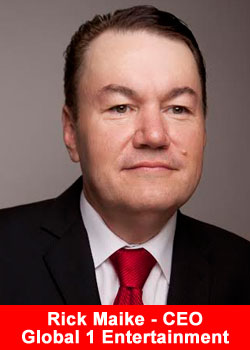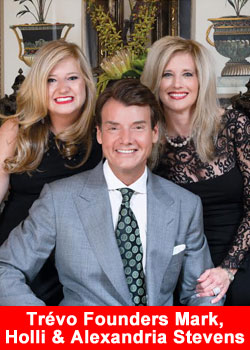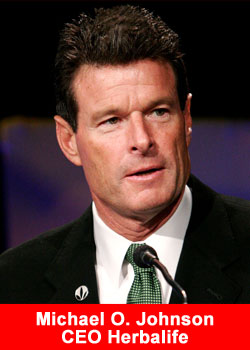
The chairwoman of the Federal Trade Commission, Edith Ramirez, has announced that the FTC is significantly increasing scrutiny and enforcement of mainstream advertising by reputable companies. Chairwoman Ramirez recently said that the FTC is increasing enforcement against not only “outright fraud,” but also national advertising campaigns.
The FTC’s recent approach of vigorous false advertising enforcement is intended to support the goal that, as the chairwoman stated, “advertising must be truthful and non-deceptive.”
As part of this aggressive push, the FTC has launched “Operation Full Disclosure,” a truth-in-advertising campaign that already includes FTC-issued “warning letters” to more than 60 companies regarding inadequate disclosures in their advertising. The sweeping goal stated by Chairwoman Ramirez suggests that even credible advertising claims may encounter FTC investigation, saying that the FTC will push its campaign “until we are confident the industry understands the need for ‘clear and conspicuous’ disclosures, and what ‘clear and conspicuous’ means.” It is important to note that the FTC has clearly said that not receiving a “Full Disclosure” letter doesn’t mean anything: you could still be in the crosshairs.
What Does This Mean To Companies?
The FTC’s statements and actions are consistent with a broader trend we have observed of increasing FTC actions against mainstream companies running ads with claims that might not appear suspect on their face. This means that companies should revisit their advertising — and particularly their ad substantiation processes — and make sure that they are up to the FTC’s standards.
Specific Concerns Beyond The Increase In Scope
The FTC has become much more likely to seek financial penalties and disgorgement. Some of the agency’s recent false advertising prosecutions resulted in multimillion-dollar settlements, as was the case earlier this year withTriVita, Inc., and Ellison Media Company, or similarly lucrative court victories. The FTC’s successful false advertising prosecution against Wellness Support Network in February, for example, concluded with the US District Court for the Northern District of California’s granting the FTC’s summary judgment motion and awarding it Wellness Support Network’s total sales revenue from 2004 to 2012 — totaling over $2 million.
Companies need to be aware that they could be subjected to significant financial risk.
Retailers in particular need to be aware that they may be held responsible for the claims — and the substantiation — of the products they carry. The FTC may try to require that retailers independently verify the science or other support behind any claims they run, even if those claims come straight from the manufacturers.
Retailers in particular need to be aware that they may be held responsible for the claims — and the substantiation — of the products they carry. The FTC may try to require that retailers independently verify the science or other support behind any claims they run, even if those claims come straight from the manufacturers.
It may not be enough for a retailer to point to scientific testing by the manufacturer, unless the retailer has independently checked the manufacturer’s testing.
Certain kinds of claims are receiving particularly intense scrutiny and being subjected to particularly stringent substantiation requirements. They include:
Certain kinds of claims are receiving particularly intense scrutiny and being subjected to particularly stringent substantiation requirements. They include:
Health and wellness claims: The FTC touts that it has filed more than 120 advertising claims related to health supplements in the past decade alone, and it cites a trend in unsubstantiated health claims related to eating certain foods.
Weight loss claims: ICON Health & Fitness, Inc., recently agreed to pay the FTC $3 million in civil penalties to settle false advertising charges regarding the company’s weight-loss claims related to its ab-exercise technology.
Weight loss claims: ICON Health & Fitness, Inc., recently agreed to pay the FTC $3 million in civil penalties to settle false advertising charges regarding the company’s weight-loss claims related to its ab-exercise technology.
“Up to” claims: Five settlements with the FTC in 2012 rephrased the industry standard test for the veracity of “up to” claims: that “an appreciable number of consumers” will experience the ad’s claimed results. The settlements required the companies instead to show that “all or almost all consumers are likely to see the maximum savings claimed”
Originally reported by: Lexology




 +
+











